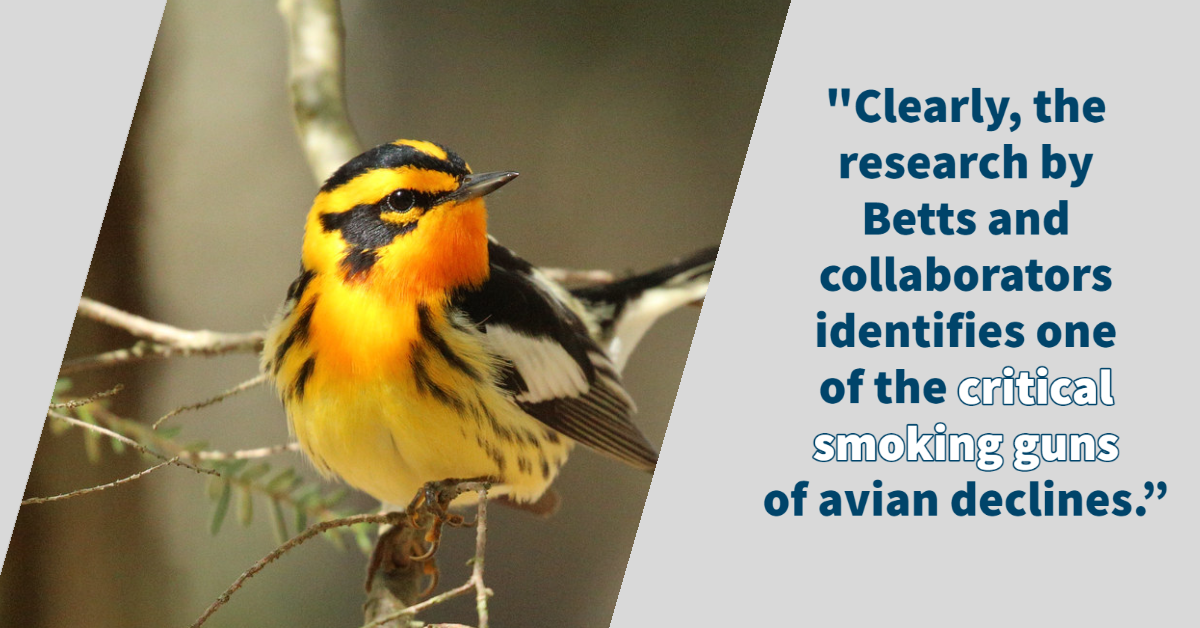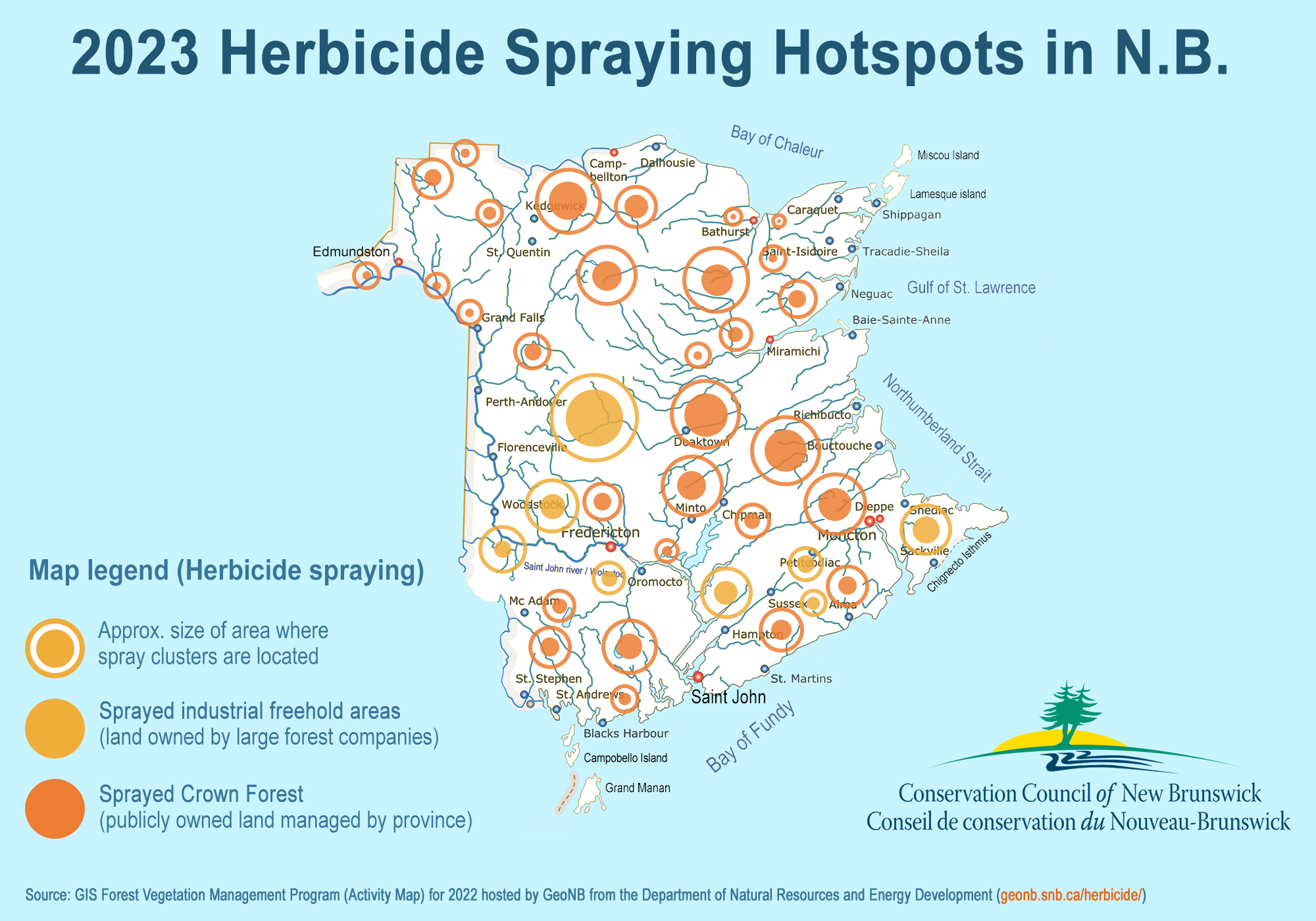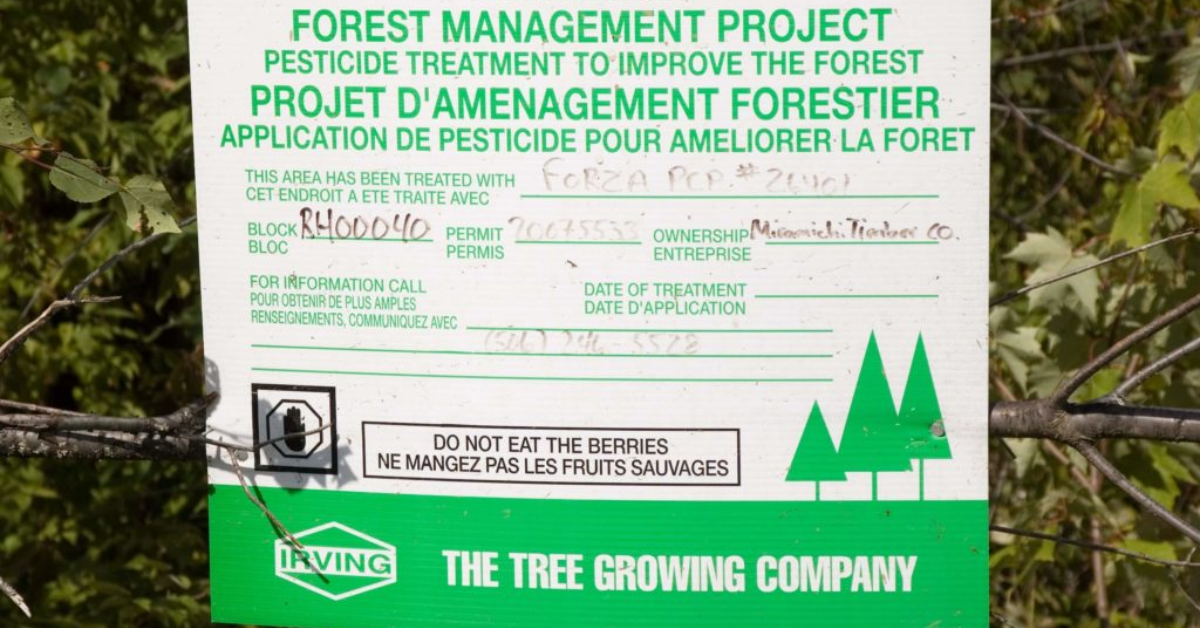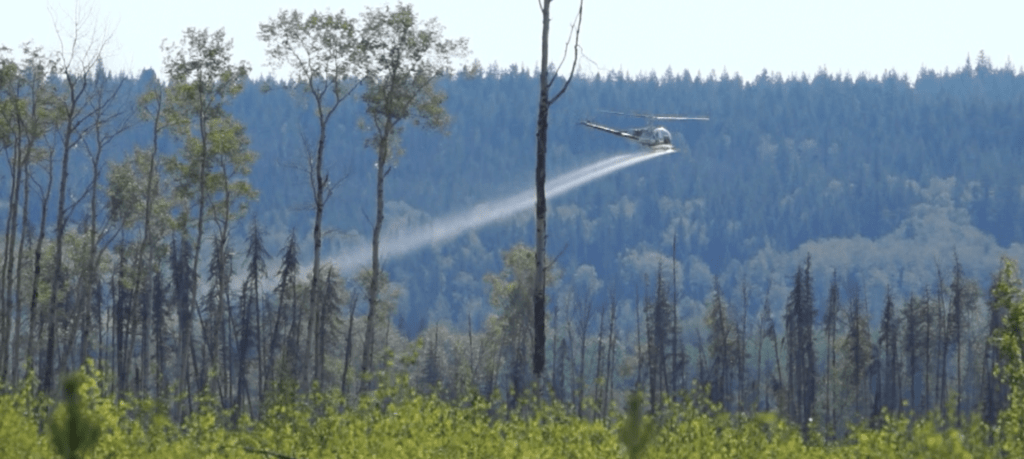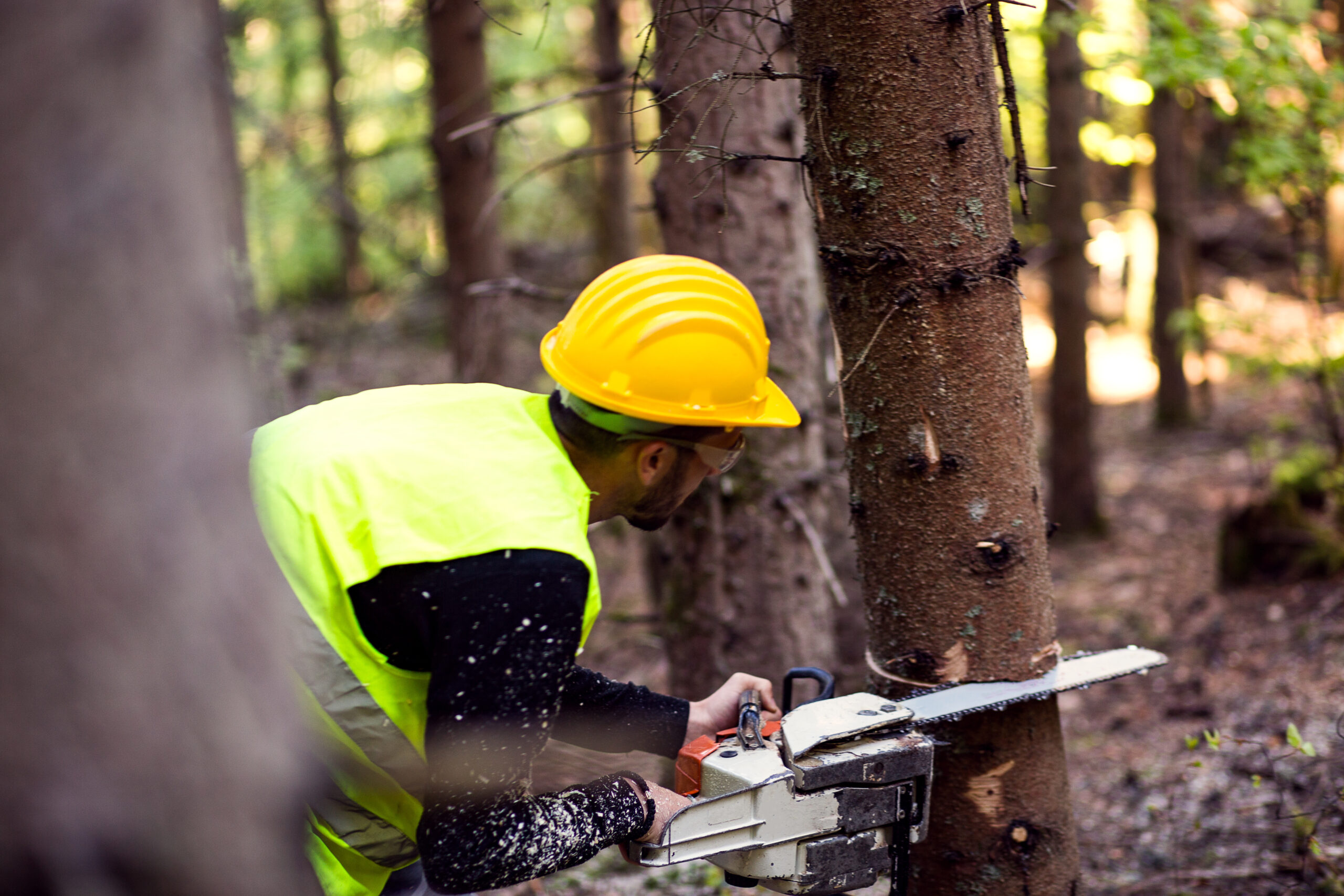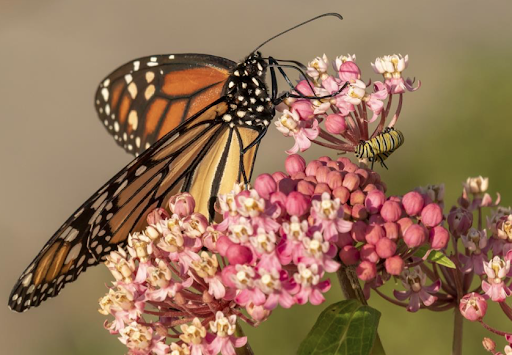Protecting the Remaining Acadian Forest
Ensuring our unique Acadian forest is protected for future generations.
The Acadian forest is listed as one of six endangered forests in North America. New Brunswick is fortunate to makes up a large portion of this beautiful, unique, mixedwood forest. Ensuring that the Acadian forest is properly managed here is key to maintaining this important forest region.
The Conservation Council is leading voice for forest management reform. We work with citizens and allied groups to pressure the government to update the Crown Lands and Forests Act toward ecological forestry. We must strike a better balance between nature protection, fairness for Indigenous communities, private woodlot owners, and recreational forest users, and a sustainable timber industry.

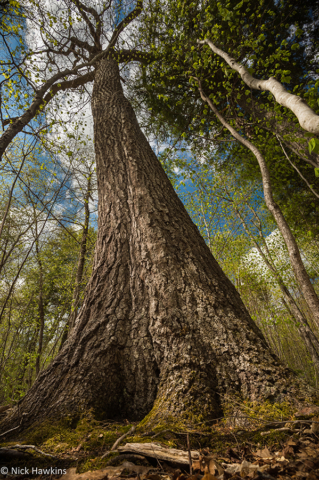
Forest management must consider first and foremost adequate habitat for wildlife, protection for streams and rivers, climate change impacts and forest diversity in terms of age and species.
New Brunswickers have repeatedly expressed a desire for changes in the way our Crown forest is managed. The people of the province want to save animal populations decimated by overcutting and clearcutting, stop the damage to our rivers and lakes, and diversify our forest-based economy.
Explore the stories and sections below to learn more about our work to protect the Acadian forest, restore nature, end the taxpayer-funded herbicide spraying on Crown forests, and achieve a new Crown Lands and Forests Act based on ecological forestry.
Explore our work on forest conservation
Featured article
“We’ve assumed once a natural forest is cut down, as long as you plant more trees all the rest of the plants and animals will fill back in. The new research shows that’s not the case.”
New peer-reviewed research shows New Brunswick forestry companies’ decades-long practice of clearcutting natural forest and replacing it with massive softwood plantations is driving significant declines in the province’s bird populations.
The research, “Forest degradation drives widespread avian habitat and population declines,” was led by New Brunswick-born Dr. Matt Betts, an honorary research associate at UNB Fredericton and forestry professor at Oregon State University.

